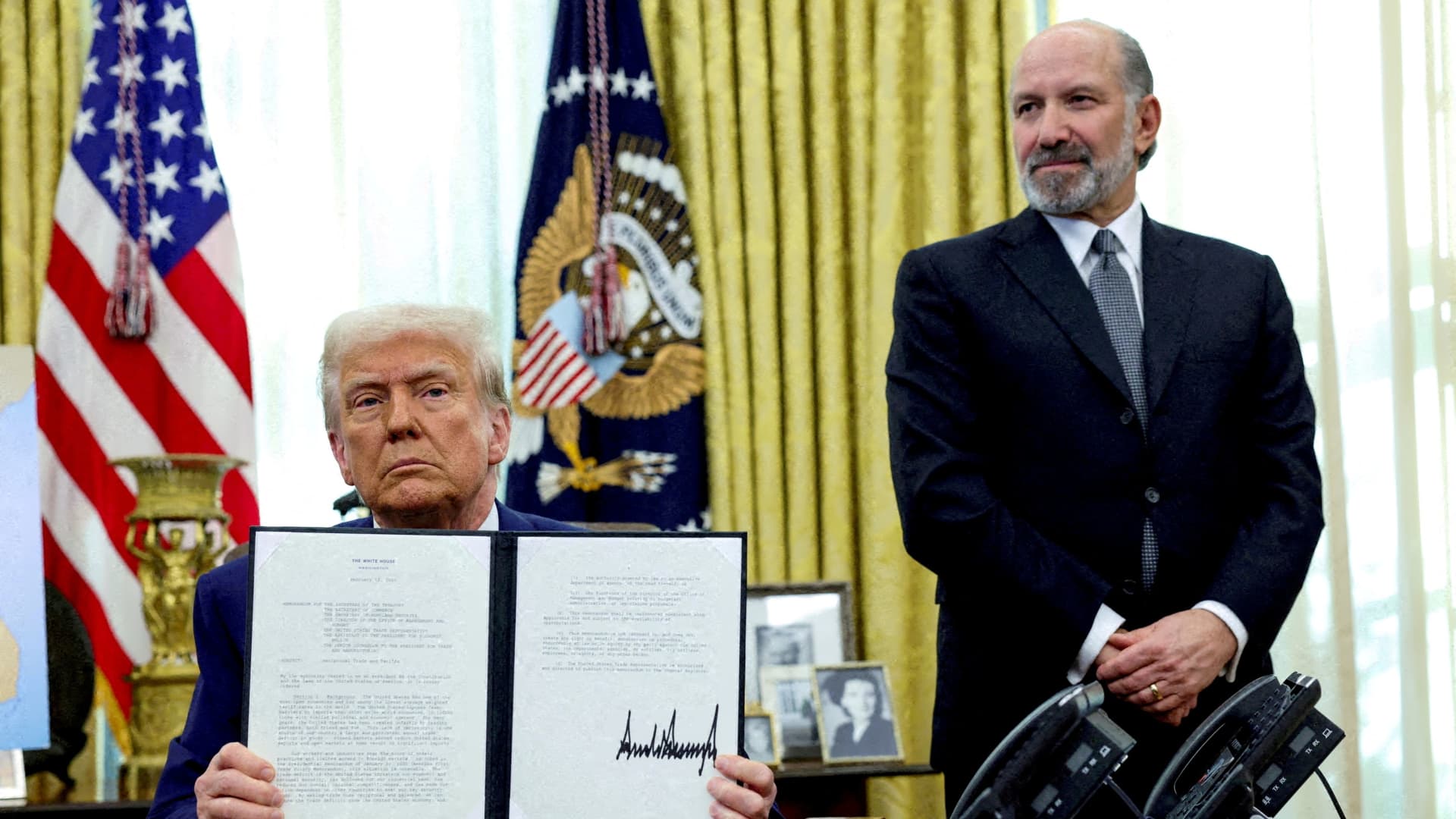Tariff Tsunami: Small Businesses and Food Giants Sound Alarm on Trump-Era Costs

Food and consumer industry leaders are sounding the alarm over President Trump's sweeping 'Liberation Day' tariffs, warning that the new trade measures could deliver a devastating blow to businesses and consumers alike.
Top executives in the sector are expressing deep concern about the potential economic fallout, highlighting how these tariffs could dramatically increase costs for everyday products and disrupt supply chains. The proposed trade restrictions threaten to create significant challenges for companies already navigating a complex global marketplace.
"These tariffs will have far-reaching consequences," said one prominent CEO, speaking on condition of anonymity. "The impact won't just be felt by businesses, but by everyday consumers who will ultimately bear the brunt of increased prices."
The 'Liberation Day' tariffs are expected to create substantial economic pressure, potentially forcing companies to make difficult decisions about pricing, sourcing, and overall business strategies. Industry experts predict that food and consumer goods sectors will be among the most severely affected, with potential ripple effects across multiple economic segments.
As businesses scramble to understand and adapt to the new trade landscape, the message is clear: these tariffs could fundamentally reshape international trade and consumer markets in ways that few anticipated.
